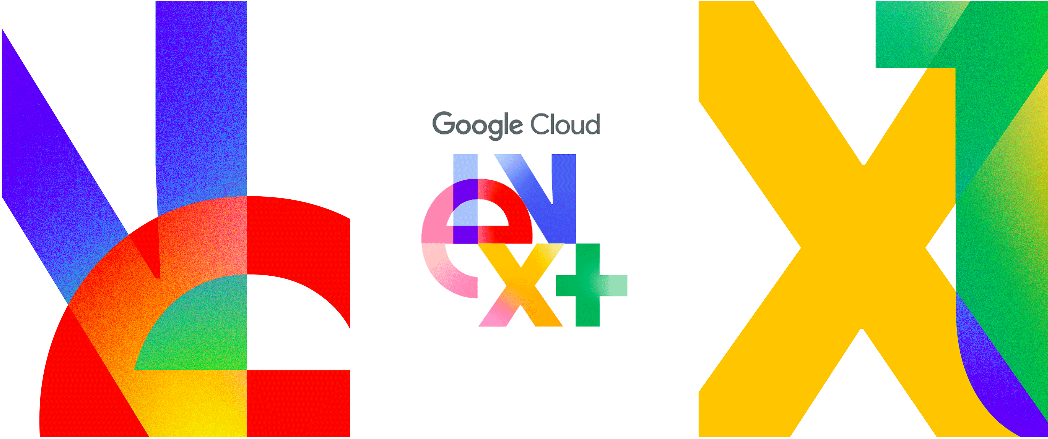Google is considering a significant shift in its search business strategy by exploring the introduction of “premium” features driven by generative artificial intelligence (AI). This move represents a departure from its traditional ad-funded model and could reshape the landscape of online search.
The proposed revamp aims to integrate AI-driven search functionalities into Google’s premium subscription services, such as the Gemini AI assistant available in platforms like Gmail and Docs. While Google’s core search engine would remain free, subscribers might gain access to enhanced AI-powered features as part of their premium subscription packages.
This strategic shift comes amid the disruptive impact of OpenAI’s ChatGPT, which debuted in November 2022. ChatGPT’s ability to deliver quick and comprehensive answers poses a significant challenge to traditional search engines, prompting Google to explore new avenues to stay competitive.
Google began testing an experimental AI-powered search service in May last year, aiming to provide more detailed responses to user queries while still presenting links to additional information and advertisements. However, the integration of features from this experiment into its main search engine has been cautious.
One challenge Google faces is the higher cost associated with serving AI-generated search results compared to traditional responses. Generative AI consumes substantial computing resources, making it more expensive to deploy. Google has restricted access to its Search Generative Experience to a select group of users, including some subscribers to its Google One bundle.
While Google’s move towards AI-powered search holds promise for enhancing user experience, it also raises concerns. Analysts warn of potential impacts on Google’s ad business and online publishers reliant on Google for traffic.
Google’s exploration of AI-driven search reflects its commitment to innovation and adaptability in meeting evolving user needs, potentially shaping the future of online search and information accessibility.





